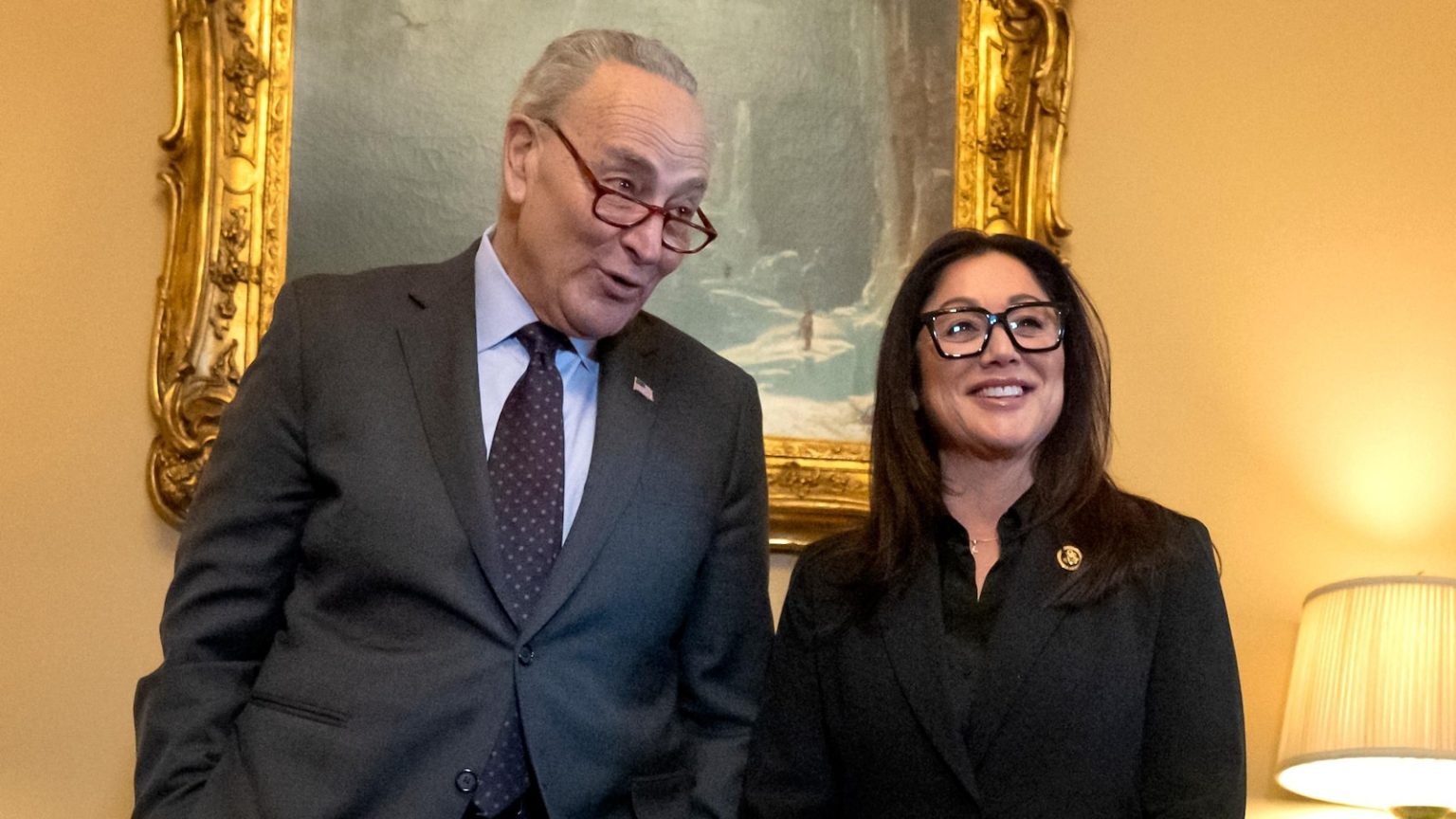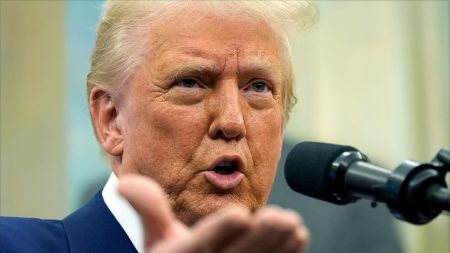A New Era in Labor Leadership: The Nomination of Lori Chavez-DeRemer
Introduction: A Nomination that Breaks the Mold
In a move that has sent ripples through political circles, President Trump’s nomination of Lori Chavez-DeRemer for Labor Secretary stands out as a bold strategic step. Chavez-DeRemer, a former Oregon congresswoman, brings a unique background that challenges traditional GOP norms. As the daughter of a Teamster and a small business owner, her profile is atypical for a Republican nominee, sparking both curiosity and contention. This nomination is not just about filling a position; it’s a strategic play to redefine the GOP’s relationship with labor, aiming to attract a newfound base of working-class voters.
Background: A Trailblazer with Deep Labor Roots
Chavez-DeRemer’s journey is a testament to her unconventional path. Born into a family steeped in union tradition, she ventured into politics, serving as mayor of a suburb in liberal Portland and later as a congresswoman. Her support for union-backed legislation sets her apart from her Republican peers. This blend of personal history and political stance makes her a compelling yet controversial figure. Her union-friendly approach, while aligning with labor interests, has also raised eyebrows among traditional Republicans, highlighting the complexities of her nomination.
The Strategy: Redefining GOP Labor Politics
President Trump’s nomination of Chavez-DeRemer is a calculated move to shift the GOP’s historical anti-union stance. By embracing labor-friendly policies, the party aims to court working-class voters, traditionally a Democratic stronghold. This strategy reflects a broader effort to rebrand the GOP, emphasizing economic nationalism and worker empowerment. The nomination signals a departure from the pro-business stance, aiming to resonate with those disillusioned by globalization’s downsides.
The Backlash: Challenges Within the GOP
Despite the strategic vision, Chavez-DeRemer faces opposition within her own party. Critics, like Sen. Rand Paul, cite her support for the PRO Act as a concern, arguing it undermines right-to-work laws. Predictions suggest a bipartisan confirmation, with potential Republican defections and strong Democratic support. This divide underscores the controversial nature of her nomination, testing the GOP’s unity and willingness to evolve.
Support and Partnership: Unlikely Alliances
Amid the backlash, Chavez-DeRemer gains support from unexpected quarters. Union leaders like Randi Weingarten and Sean O’Brien endorse her, viewing her as a bridge to labor communities. Her collaboration with Sen. Markwayne Mullin, despite past tensions, exemplifies the unlikely alliances forming within the GOP. These partnerships highlight a shifting political landscape where traditional adversaries find common ground, indicating a potential shift in labor dynamics.
Conclusion: Implications for the Future
Chavez-DeRemer’s nomination represents more than a personnel decision; it’s a harbinger of change within the GOP. If confirmed, her leadership could reshape labor policies, emphasizing union strength and worker rights. This shift reflects a broader realignment, where the GOP seeks to broaden its appeal by embracing economic populism. The outcome of her confirmation will not only define her tenure but also influence the party’s future trajectory in labor relations and political strategy.















